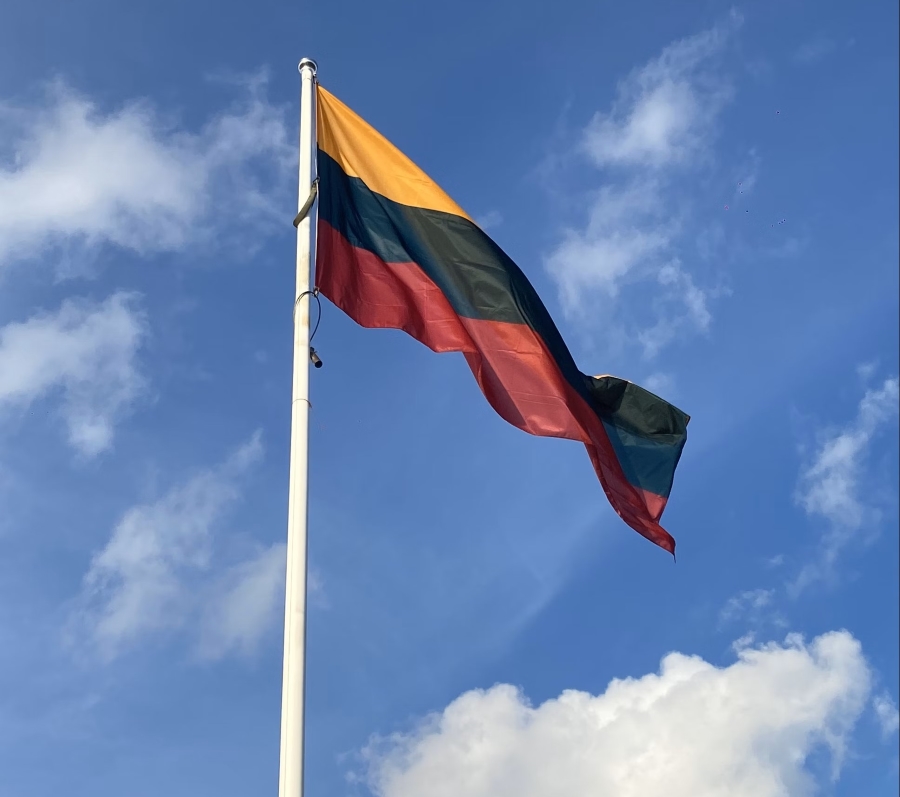
Four of the suspects, all Singaporean men, were charged in court on 6 October with operating an unlawful betting business. The remaining three are still under investigation as authorities continue to examine the full extent of the network. According to police, reports began surfacing in March 2023 of individuals being enticed to open gambling accounts on a foreign website. Victims were told to transfer money to anonymous bank accounts in exchange for digital gambling credits. Initially, winnings were credited back through similar accounts to gain the victims’ trust.
However, once the players continued gambling and attempted to withdraw further winnings, the syndicate informed them that they had to either pile up larger balances or buy additional credits before being allowed to cash out. Police said several victims collectively lost more than S$175,000 (€115,000) in the scheme.
Site hosted abroad to evade clampdown
Initial investigations suggest that the illegal website operated from overseas to evade Singapore’s enforcement network. The syndicate allegedly targeted players in Singapore and neighbouring Asian countries through online advertisements and social media promotions.
Authorities said intelligence shared by the FBI and Meta helped identify key digital footprints linked to the group. Acting on this information, officers from the Criminal Investigation Department (CID) and the Police Intelligence Department launched simultaneous raids across the island, including in Bukit Batok, Hougang, and Pasir Ris.

During the raids, police arrested seven men and seized around S$500,000 (€330,000) worth of assets, including cash, a luxury watch, 15 bank accounts, and several electronic devices such as computers, mobile phones, and SIM cards. The four men charged were identified as Ong Wei Jie, 28; Samuel Chiam, 39; Song Yong Sheng, 52; and Shuek Jin Yong, 35. Prosecutors said Ong received illegal casino bets through an unauthorised betting site between 1 and 5 October 2025, while Chiam handled unlawful soccer wagers between January and August this year.
Song and Shuek allegedly acted as runners for the syndicate, helping to transfer funds across accounts. Song reportedly managed cash deposits and withdrawals in 2023, while Shuek is accused of recruiting another man to serve as a “front-end game developer” for the illegal gambling website in June 2024. All four men remain in custody and are due back in court on 13 October 2025. If convicted, each faces a fine of up to S$200,000 (€132,000) and a maximum jail term of five years.
Role of Meta’s intel
Meta likely played a crucial role in this latest case by tracing online advertisements, payments, and accounts linked to unlicenced gambling. By analysing metadata from Facebook and Instagram, the company can detect suspicious activity patterns and share data with law enforcement under mutual legal assistance treaties. Its automated systems also flag clusters of illegal promotions, helping authorities connect digital trails and dismantle transnational betting networks before they expand.
Singapore has a long history of eliminating money laundering and illegal gambling networks. In one such similar case, authorities seized luxury homes, cars, and gold bars after exposing a S$3 billion (€1.98 billion) network connected to betting syndicates. Since then, the government has tightened oversight of online betting activities by strengthening its legal framework with the Gambling Control Act 2022, which replaced the Remote Gambling Act, and also deploying additional AI tools to monitor and regulate the industry.



 2Days ago
2Days ago















